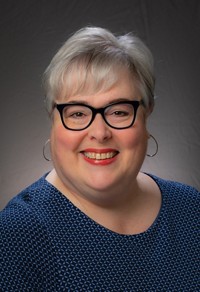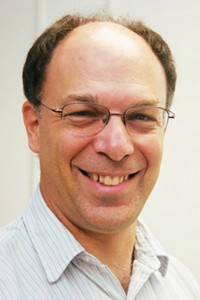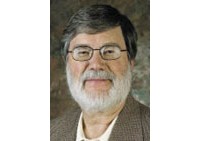Advertisement
Grab your lab coat. Let's get started
Welcome!
Welcome!
Create an account below to get 6 C&EN articles per month, receive newsletters and more - all free.
It seems this is your first time logging in online. Please enter the following information to continue.
As an ACS member you automatically get access to this site. All we need is few more details to create your reading experience.
Not you? Sign in with a different account.
Not you? Sign in with a different account.
ERROR 1
ERROR 1
ERROR 2
ERROR 2
ERROR 2
ERROR 2
ERROR 2
Password and Confirm password must match.
If you have an ACS member number, please enter it here so we can link this account to your membership. (optional)
ERROR 2
ACS values your privacy. By submitting your information, you are gaining access to C&EN and subscribing to our weekly newsletter. We use the information you provide to make your reading experience better, and we will never sell your data to third party members.
Education
ACS Award For Achievement In Research For the Teaching & Learning Of Chemistry
by Emily Bones
January 9, 2012
| A version of this story appeared in
Volume 90, Issue 2

Sponsored by Pearson Education
Like many college students, Loretta L. Jones began her academic career without a clear path. “But I knew it would involve chemistry,” she recalls.
Jones, 68, earned a B.S. in chemistry from Loyola University, Chicago, in 1964. She then worked at Argonne National Laboratory while earning an M.S. in chemistry at the University of Chicago. After a stint in industry, she was ready for a change of pace. Teaching intrigued her, but no jobs were available. A new doctoral program in the chemistry department at the University of Illinois, Chicago, caught her attention, though. The innovative program—through which she earned two doctorates in 1979—involved chemical education research.
When she enrolled in the program in 1974, the field was relatively new and small. “Most science education research was done in colleges of education, where few of the faculty members had a chemistry background, so research into the learning of chemistry was being overlooked,” she says.
Jones was familiar with education pioneer Maria Montessori’s ideas about learning and was “fascinated by how she changed education by applying a simple principle: Watch the children and learn from what they need.”
“If they are not engaged,” Jones says about students, “they are not really learning.” Her goal has always been to create and investigate interactive learning materials that would engross learners.
Collaboration is a passion of Jones’s. “By its nature, research in chemical education is interdisciplinary,” she says. She has worked with cognitive psychologists, biochemists, and chemists to fine-tune ways of communicating chemistry in engaging ways. Since 1981, she has developed and evaluated multimedia methods to more effectively teach chemistry. She was also one of the first to promote the acceptance of chemical education research as a legitimate field of inquiry within chemistry departments. Jones has been a faculty member in chemical education research at the University of Northern Colorado since 1992.
As 2001 chair of the Gordon Research Conference (GRC) on Visualization in Science & Education, a biennial event that encourages multidisciplinary collaborations among educators, Jones could further enable science educators to share their creative ideas. “With the complexities that teaching with technology brings, these collaborations are increasingly important,” Jones says.
One of her greatest accomplishments came from her involvement with GRC. She worked with the National Science Foundation to make $5,000 minigrants available to conference participants to support collaborative visualization research in science education. “The response was amazing. These projects, based on very limited funding, went far beyond expectations,” Jones says.
As for Jones’s teaching methods, she “invited novel perspectives intended to challenge discussion and promote creativity,” recounts Resa Kelly, an associate professor of chemistry and science education at San José State University. Kelly is a former doctoral student of Jones’s.
Jones has mentored many students who have become teachers. So indirectly, Jones is responsible for the chemical education of thousands of students. “Jones’s most significant attribute, however, is her compassion,” says Jones’s former graduate student Sean Madden, now a math teacher at Greeley West High School in Greeley, Colo. “Her suggestions are always thoughtful and directed toward helping students achieve their goals.”
Jones will present the award address before the ACS Division of Chemical Education.





Join the conversation
Contact the reporter
Submit a Letter to the Editor for publication
Engage with us on Twitter